Water sports can be a great way to unwind, get some exercise, and explore the outdoors while having fun. While it’s always recommended to take part in these activities with a partner, sometimes it may not be possible to find someone to go with. This article provides some essential tips for staying safe while engaging in water sports alone.
Know Your Limits
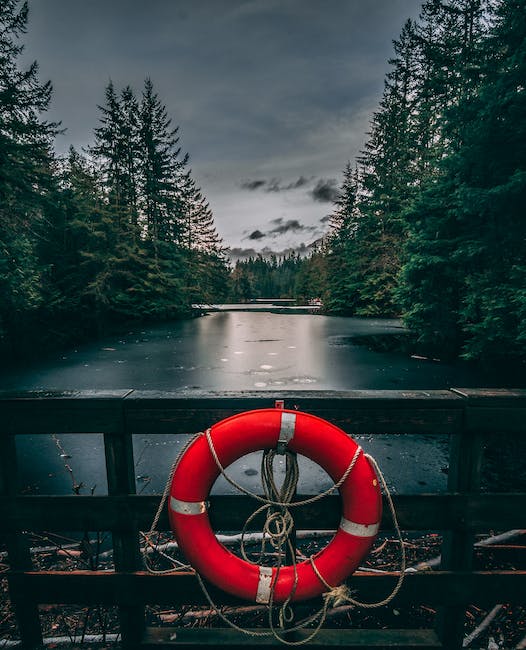
Knowing your physical and swimming abilities, as well as understanding the local water conditions, is vital before you head out for your water activity. You need to consider factors like waves, currents, tides, and weather. Taking note of the water conditions and your own abilities will help you know what safety precautions to take. It’s critical to avoid overestimating your abilities and to cancel your activity if you feel the weather conditions are not favorable.
Bring the Right Gear

One of the most significant safety measures when participating in water sports alone is to ensure you have the right gear. Before you set out for your adventure, check that your personal flotation device (PFD), communication device, whistle, and first aid kit are all in good working order. Remember, you must have a Coast Guard Approved PFD, and this can be the difference between life and death in case of an accident.
Stay Hydrated

Staying hydrated is essential, even more so when you are participating in water sports. Drinking enough water helps to regulate your body temperature as well as keeps you hydrated, alert, and energized. You must take plenty of fluids before, during, and after your activity, even if you do not feel thirsty, and dehydration can set in quickly, and you may not be aware of it until it’s too late.
Wear Sun Protection
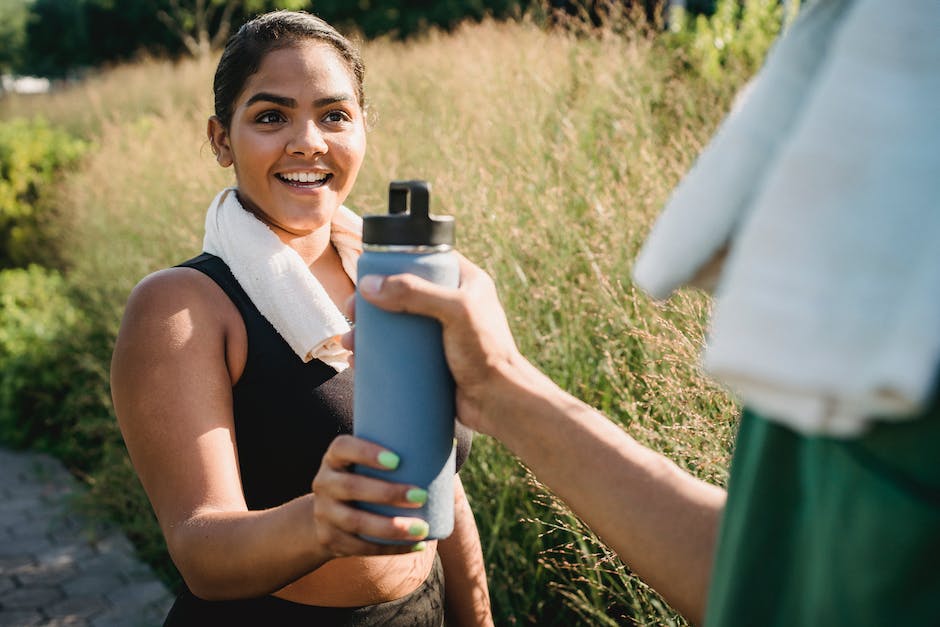
When participating in water sports, it’s crucial to protect yourself from the sun. Sunburn increases discomfort and can cause skin cancer in the long run. Wearing waterproof clothing or sunscreen with at least SPF 30 protects your skin from harmful UV rays. Donning a hat and sunglasses with protective clothing offers additional UV protection, thereby covering your skin as much as possible.
Check the Weather and Water Conditions
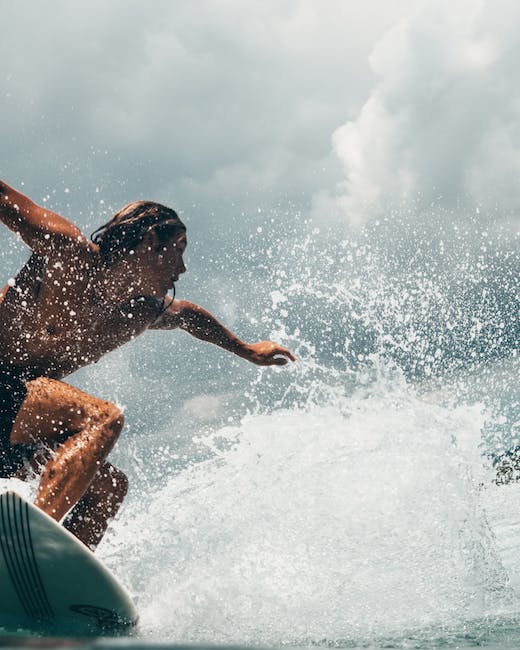
Always check the current weather conditions and water conditions before going out. This helps you know the wind speed, water temperature, and visibility. Keeping an eye on forecasts for any sudden change in the weather is essential. Never go out if the conditions are not good, and always have a contingency plan to head back to shore in case the weather suddenly changes.
Let Someone Know Your Plans
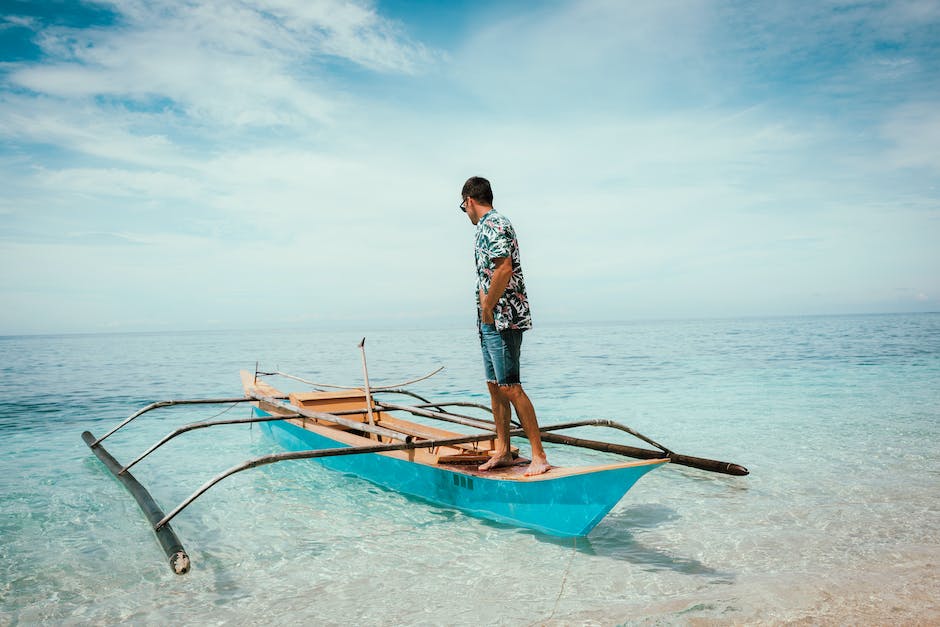
Ensure you inform someone where you are going, the route you are taking, and your expected return time. You must provide them with your contact information as well. This gives them an idea of where to find you and how they can help in case there’s an emergency.
Keep Your Cell Phone Dry
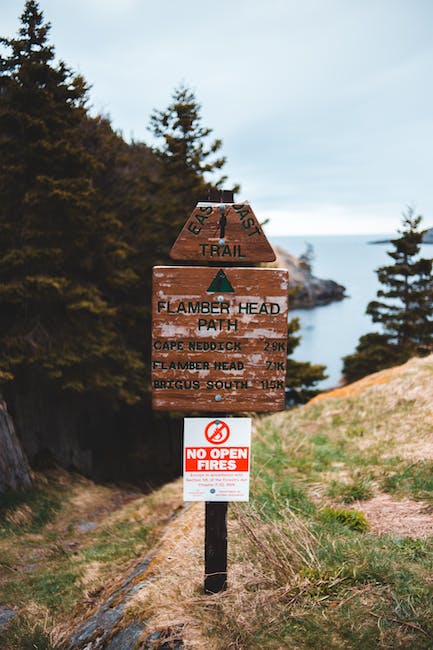
Keep your phone dry by investing in a waterproof phone case or sealing it in a plastic bag with a zip seal. This will protect it and keep it functional in case of an emergency. Since phones are essential, you might need to make calls for help if you find yourself in a life-threatening situation, thus the need to keep them in good working order.
Don’t Panic if You Fall into the Water
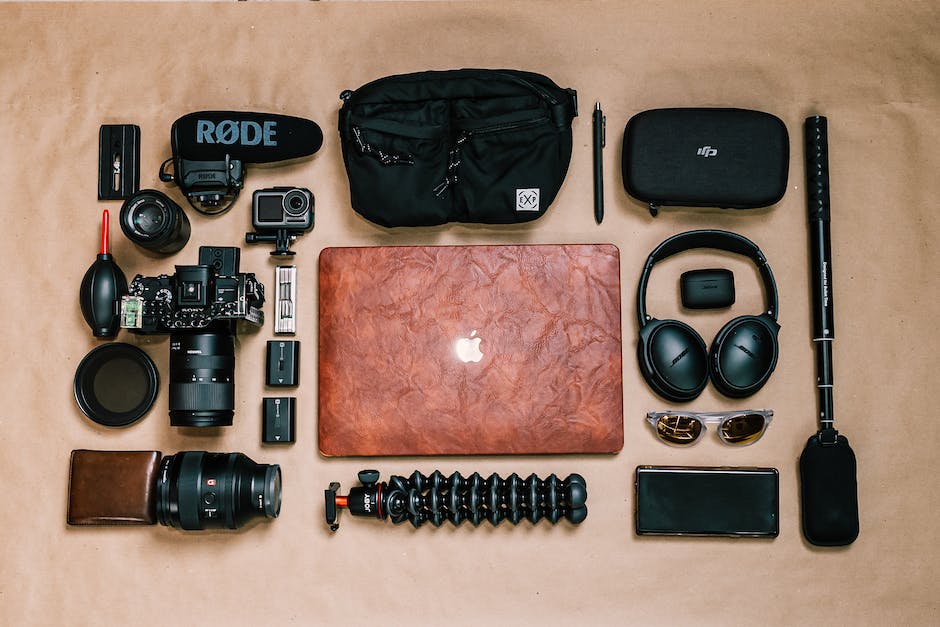
In case you fall into the water, try not to panic. It’s essential to remember that if you are wearing a PFD, you’ll naturally float above the water. Try to relax and catch your breath. Hold onto your equipment and stay with it if possible. You can shout for help if need be.
Practice Your Skills

Practicing your water sports skills is crucial. This includes learning about the sport mechanics, the equipment, and the safety measures required. It is ideal to practice swimming strokes, how to handle equipment, and seek out a qualified professional supplier if you need more guidance. Practice makes perfect, and it’s an excellent way of building confidence and staying safe.
Don’t Push Yourself Too Hard

It’s recommended not to push yourself too hard when engaging in water sports alone. Never ignore the warning signs that your body is tired. If the weather is getting worse, or the water is rough, consider calling it a day. It’s always better to be safe than sorry and come back to play another day.

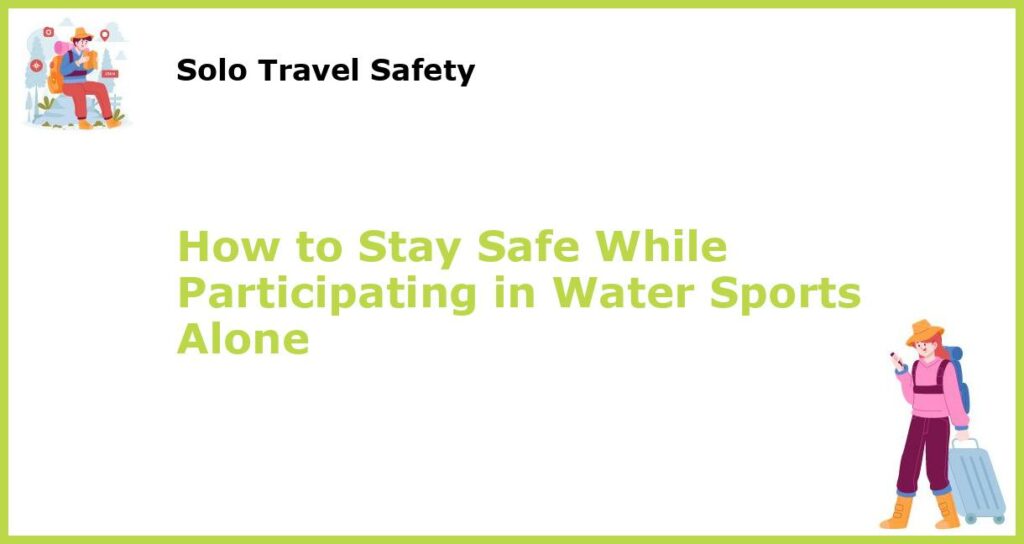






 You might also be interested in those articles related to solo traveling
You might also be interested in those articles related to solo traveling